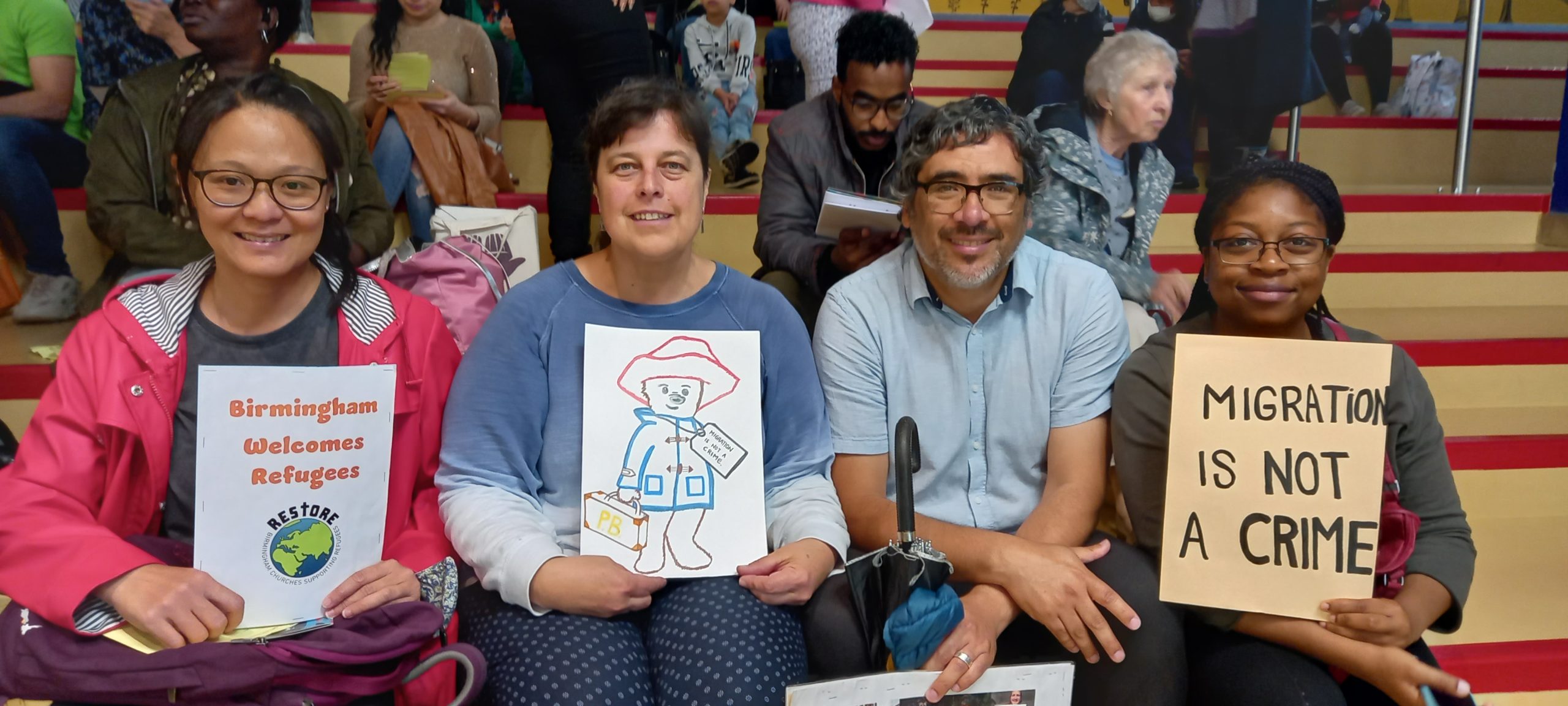Advent, a unique time of waiting and preparation in the liturgical year, can mirror the anticipation Mary felt as she carried the baby Jesus in her womb, writes Columban Lay Missionary Nathalie Marytsch.
For many across the world, this joyful season is marked by family gatherings, festive celebrations, planned meals, and the excitement of children eagerly awaiting their Christmas presents. The vibrant glow of colourful lights, shiny ornamented trees, and the sweet sound of carols fill the air, creating an atmosphere of warmth and festivity.
During these four weeks, Christians are invited to reflect on the central themes of Advent: hope, faith, joy, and peace —each bringing deeper meaning to this season.
Undoubtedly, 2024 has been another year when the cry of the poor has been heard loud and clear. But have we, as communities and societies, truly heard it? Have we acted to bring about change or to challenge the structures that perpetuate the oppression and suffering of vulnerable people?
The tragic loss of innocent lives continues in the ongoing conflict in the Middle East, a conflict that has spread beyond Gaza and Israel, affecting now neighbouring countries. Political instability in parts of Africa, Asia and South America has further contributed to the displacement of millions of people- many forced to flee their homes, while others cross borders in search of sanctuary.
The weight of this suffering – the cry of the poor and oppressed migrants – bears heavily upon us all. It raises urgent and difficult questions about personal and societal responsibility to respond—not only with words, but with meaningful actions.
News broadcasts and countless home-made videos continue to document the immense destruction and human suffering in Gaza. Thousands of people have been internally displaced, not just once, but repeatedly. This tragic reality resonates deeply with the stories of so many refugees I have accompanied as a missionary in Britain, as they too have endured uprootedness, pain and uncertainty.
As I reflect on Advent and the role of Mary as a mother-to-be, I can’t help but think of Iqra — not her real name — and her harrowing escape from a war-torn homeland. Her journey took her across scorching deserts, through the perilous waters of the Mediterranean, and across numerous borders in her search for safety.
She is not unique; this treacherous path has been travelled by countless others before and after her. Some have made it to safety, while many others have tragically lost their lives in the journey.
For Iqra this time of waiting has stretched into years of trying to gather the necessary evidence to present to the authorities, all in the hope of being recognised as a refugee. Her personal Advent has been filled with countless moments of worry and anxiety. Despite her efforts to remain hopeful, the long years of waiting have gradually shattered each hope that she might be granted sanctuary here and eventually be reunited with her son.

Image: Shutterstock
There are many Iqras in our world today. As we prepare to enter the Advent season, let us remember those who are suffering. May we never turn a blind eye to their cry, nor allow ourselves to become numb or overwhelmed by the magnitude of their pain.
Instead, let us make room in the inn of our hearts, welcoming each of these Iqras, both men and women, who seek refuge in a world often indifferent to their plight. For they too are deserving of celebrating the coming of the great light … ‘the people living in darkness have seen a great light; on those living in the land of the shadow of death, a light has dawned.’ (Mt 4:16)
Columban Lay Missionary Nathalie Marytsch is originally from Chile. She is living and working on mission in Britain with her husband Mauricio and family.

